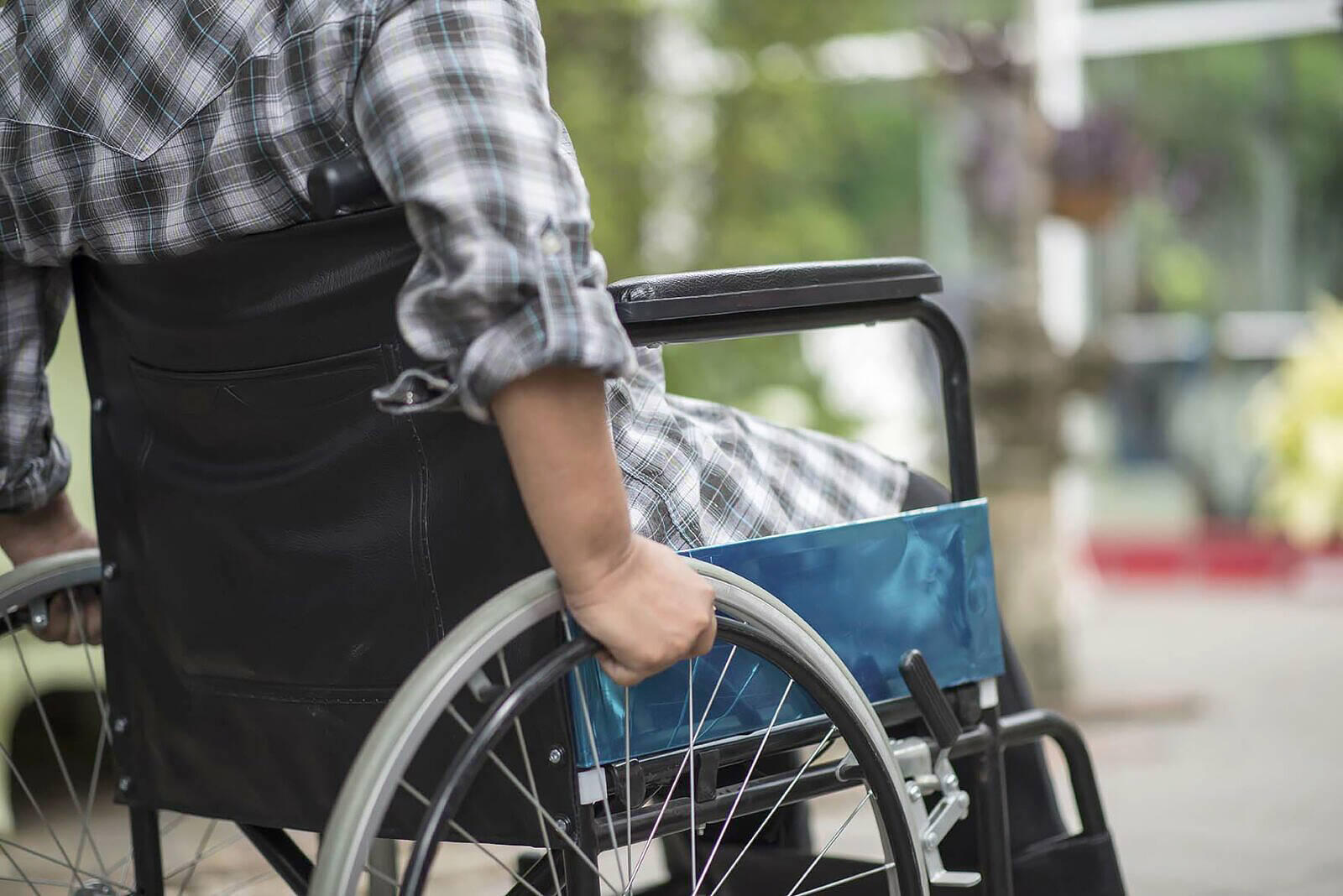By The Herald Editorial Board
Starting July 1, most Washington residents earning a paycheck might notice a new deduction on their pay stubs, and not an insignificant one: 58 cents on every $100 of gross pay.
For someone making the state’s median wage of $50,100 a year, that amounts to about $24 a month, or $290 a year. So where is that money going?
The payroll tax supports a new program called WA Cares, which is intended to provide a supplemental benefit of $36,500 — in effect up to $100 a day for a year in current dollars — for expenses for long-term care for seniors and those with disabilities to help pay for a range of services and needs, including in-home care, residential facility care, respite care for family caregivers, medical equipment and even home modifications, such as wheelchair ramps or shower grab bars.
“That $36,500, even though it’s not $200,000, it’s enough that it can make a real difference in people’s lives,” said Ben Veghte, director of the WA Cares program, during an interview this week.
The program was created by state legislation in 2019, intended to supplement what families’ own income and savings and insurance can provide when long-term services and supports are needed for older or disabled state residents.
And most of us will need that help.
A report updated last year for the federal Department of Health and Human Services determined that on average, an American turning 65 this year will incur about $121,000 in future long-term care costs over their lifetime.
Very few people carry insurance to provide that care, which can be expensive and beyond the reach of most or unavailable to others with preexisting conditions. At the same time, Medicare doesn’t pay for most care services; and Medicaid is only available after a person’s savings have been depleted to the poverty level.
While the benefit will be adjusted for inflation over the coming decades — for example a possible total of $51,500 by 2040, assuming an annual inflation rate of 2.5 percent — the benefit isn’t likely to cover all necessary costs.
What it will provide, Veghte said, is enough time and support for a family to prepare and plan for further care needs.
Because it’s a new program, most will have questions about its provisions, how it will be administered, its sustainability and more. Veghte directs those with questions to the program’s website at wacarefund.wa.gov, which offers information on how the fund works, the services covered, resources for caregivers and basic information about the program, including a calculator that shows what you can expect to pay into the system during your working years.
The benefit will be available to those paying into the system when needed after 10 years of contributions, or fewer for those nearing retirement. For those qualified, benefits will start being paid in July of 2026.
The program, during its development since its passage, has seen some controversy. The program is the first such public benefit program in the nation, and it’s gone through some adjustments and an 18-month delay of the payroll deduction, raising questions about its long-term sustainability.
Among the changes was an extension of a provision that allowed workers to opt out of the program if they could show they had obtained insurance, or if they worked in state but lived outside of the state or were the spouse of a military member. About 490,000 have been exempted from the program and the payroll tax, of about 3.6 million workers in the state.
But even with those departures, Veghte said, the program is expected to remain viable for at least the next 75 years. An actuarial study commissioned by the Office of the State Actuary found that between now and 2097, under most scenarios tested, the trust fund’s balance remained “positive” for all 75 years. And that’s under the program’s current and fairly conservative investments.
Unlike some programs, like the state’s pension fund, the state’s investment board can’t invest the WA Cares fund in stocks or other investment funds that can offer higher rates of return than the bonds than the government and corporate bonds that it can be invested in. But even with its expected rate of return of about 3.5 percent to 4 percent, the fund is forecast to be sustainable for the long term.
That sustainability could be further strengthened if the Legislature were to put a constitutional amendment before state voters, as it did in 2020, which was rejected by voters still learning about the program. Previous amendments to the state constitution have allowed for the state’s public employees pension fund, its workers’ compensation fund and others to be managed by the state investment board in stocks and other funds that can provide better returns on investment. Previously, the investment board has achieved an average annual investment return of 8.8 percent, even accounting for market shifts.
Even after years of preparation, reforms and delays in implementation, Veghte still expects that many people may be surprised when they see the new deduction on pay stubs. Along with prompting some to seek more information about WA Cares, Veghte said he hopes it also prompts an even broader discussion among residents and their families.
“It’ll be a wake-up call for Washingtonians to start thinking and planning for this in their families,” he said, including looking for affordable long-term care insurance, making adjustments to retirement investments and talking with family members about future care arrangements.
“How are you going to deal with this when it happens? Because it does happen to 7 out of 10 of us. And usually when it does, it’s a gut punch, and we’re not prepared for it,” Veghte said. “And then when it’s a crisis, it’s harder to plan.”
Talk to us
> Give us your news tips.
> Send us a letter to the editor.
> More Herald contact information.

























